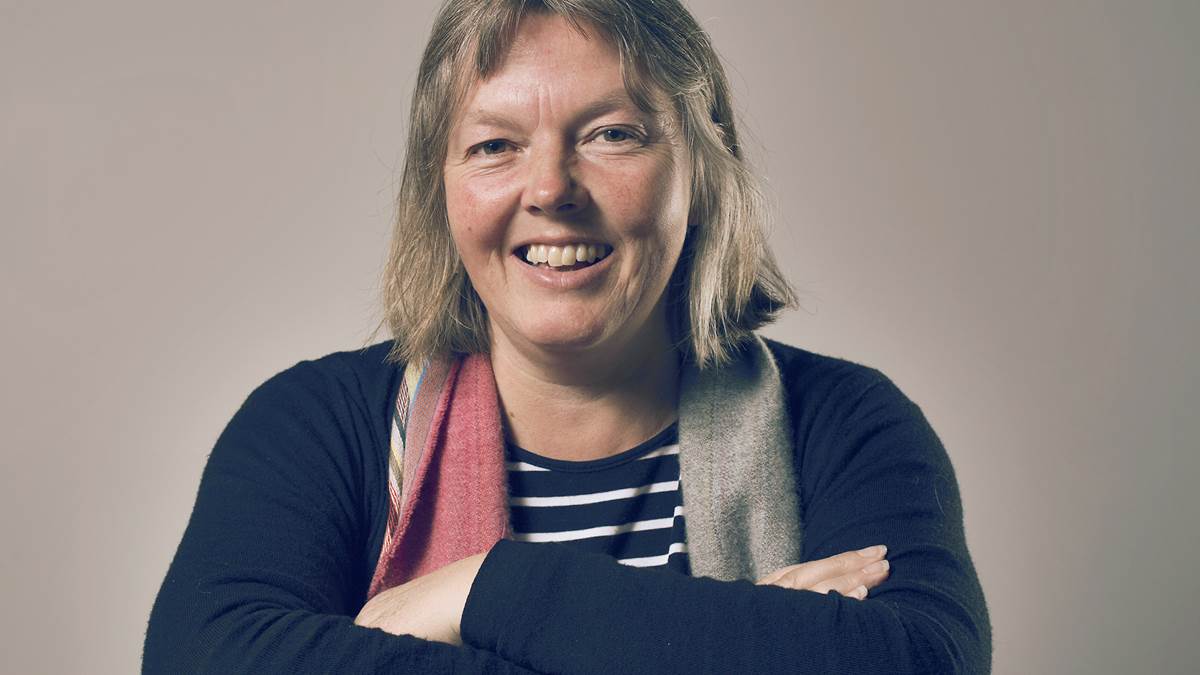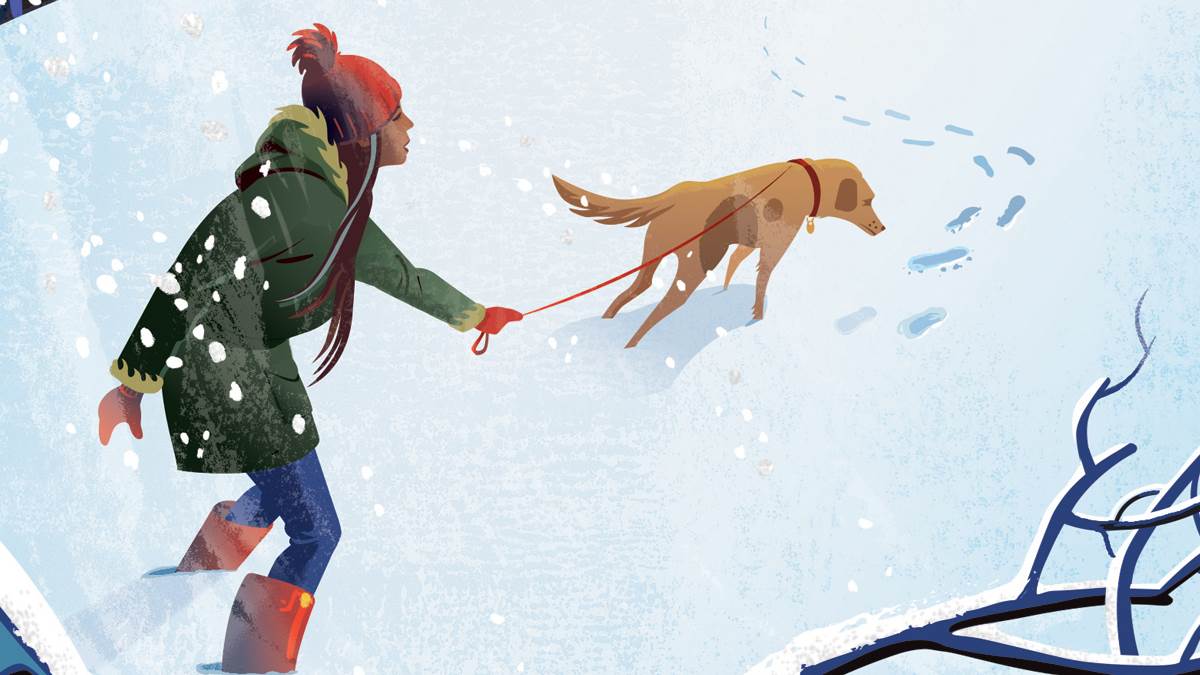Why dyslexia shouldn't stop you from being an author
Published on: 5 Ionawr 2017
Fleur Hitchcock loves stories and writing. She also has dyslexia. Here's her story from getting 'could try harder' at school to writing a thriller and having a lot of fun doing it.

Growing up, I did my best not to be a dyslexic. The people who were called 'dyslexic' didn't seem very happy.
My friends helped me out. They corrected stuff, told me how to spell. I wrote in coloured inks to make my terrible handwriting pretty. I came to view every essay as a picture. I steered clear of all punctuation. And I was still good at maths, so I didn't think I could possibly be dyslexic.
Despite all of this, my reports always said 'could try harder', but I was trying, I really was. It was exhausting.
A world for people that 'could'
With a following wind, and small classes, I got good O levels, but then, it all caught up with me. I jammed history essays full of facts, but apparently they weren't written in the right way. I loved English, but my essays were disorganized. Oddly, I was rather good at Economics - a subject I loathed. I went to university and I got an indifferent degree.
Eventually, I sought refuge in the visual arts, where everyone seemed to be dyslexic and perfectly happy about it. I think my self-esteem improved.
I loved stories, I actually loved writing. And I went on reading and writing for myself, even though it seemed to be a world that belonged to the grown-up people. The people that 'could'.
Reading books in colour
It was only much later, when reading to my children, that I noticed how differently I absorb books from other people. Reading is for me a visceral experience. I feel books but I can't retain them.
So for example, I know I've read all of the Brontes and I loved Jane Eyre, but I have no idea what happens in it. I do on the other hand, remember the emotional temperature of Jane Eyre.
It's like the difference between an impressionist painting and a photograph. I might pick up one or two details, but the majority is just colour. It makes analysis very difficult. It's as if I can't actually hold a whole book in my head at once.
So of course, I set out to write one.
'The first draft is gobbledegook'
At first, I tried to do a linear thing - but the magic went out of the stories, I lost the plot, literally. So I tried a different way, working from the character and moving out in a circle. But looking back at that manuscript, I realised that I had taken too long, I needed to work really fast, so that I wouldn't forget what I was doing.
For my next attempt, I started with mood and colour and I had to occupy my main character, and actually play the whole thing through in my head writing it as fast as I could. If I lost my place, I lost the whole scene.
I'm still working this way. Generally, I let the manuscript bubble up from inside. Luckily, I'm a touch typist, so when I'm in the right place, I can type as I think. The first draft is gobbledegook and then I come back and correct it all.
I'll blitz a manuscript over a couple of weeks until I have something rather like a long colourful synopsis - I can then take each segment and cultivate it into something better. I've found this works. That and a brilliant editor in the form of Kirsty Stansfield means that now I can write a thriller.
 Front cover of Murder in Midwinter
Front cover of Murder in Midwinter
So being dyslexic hasn't stopped me, it just makes me different.
Becoming resilient
I get parking fines because I don't put the right number into the machine. I forget pin numbers. I avoid doing things like writing blogs!
But there are pluses.
I'm very good at logistics. Seeing the outcome of a thing, without working it out on paper. I can remember my way around a strange city, I can draw my own head maps. I observe and record things through smells and feel and sounds.
And I'm very resilient.
Failure is something I'm used to, it happens all the time and in the early days of being a writer, I really needed that ability to stand up again and again and have another go.
And now I watch my daughter, a diagnosed dyslexic, as she navigates the educational landscape - a much kinder landscape than the one I grew up in. I help her revise for exams that won't test her real abilities and I see her learning things by heart, because frankly, it's going to be the only way she gets through it.
She gets exhausted, and she's going to find writing those essays hard, even though she can talk at length about most things. But she's a clever girl, she'll be brilliant at whatever she chooses to do. And like me, she's resilient.
'It's probably helped to form me'
As to why I don't write about it? Or mention it much? It's because it doesn't define me. I don't want it to define me.
Undoubtedly, dyslexia has been both an obstacle and a gift. It's probably helped to form me. It's meant that I live on the edge of chaos, it's sort of like riding an out-of-control horse. It can make things unpredictable.
And I think it's made my writing different. It's made the writing process more fun.
Terrifying and exciting both at once - harder, and easier.
And although I'd love to have been like everyone else when I was nine, I wouldn't be without it now.
Recommended books for children with reading difficulties and dyslexia





